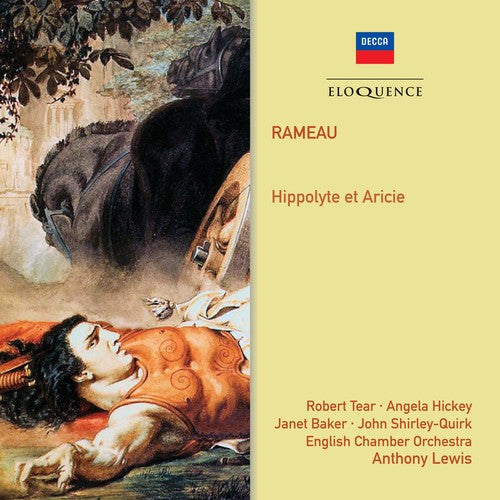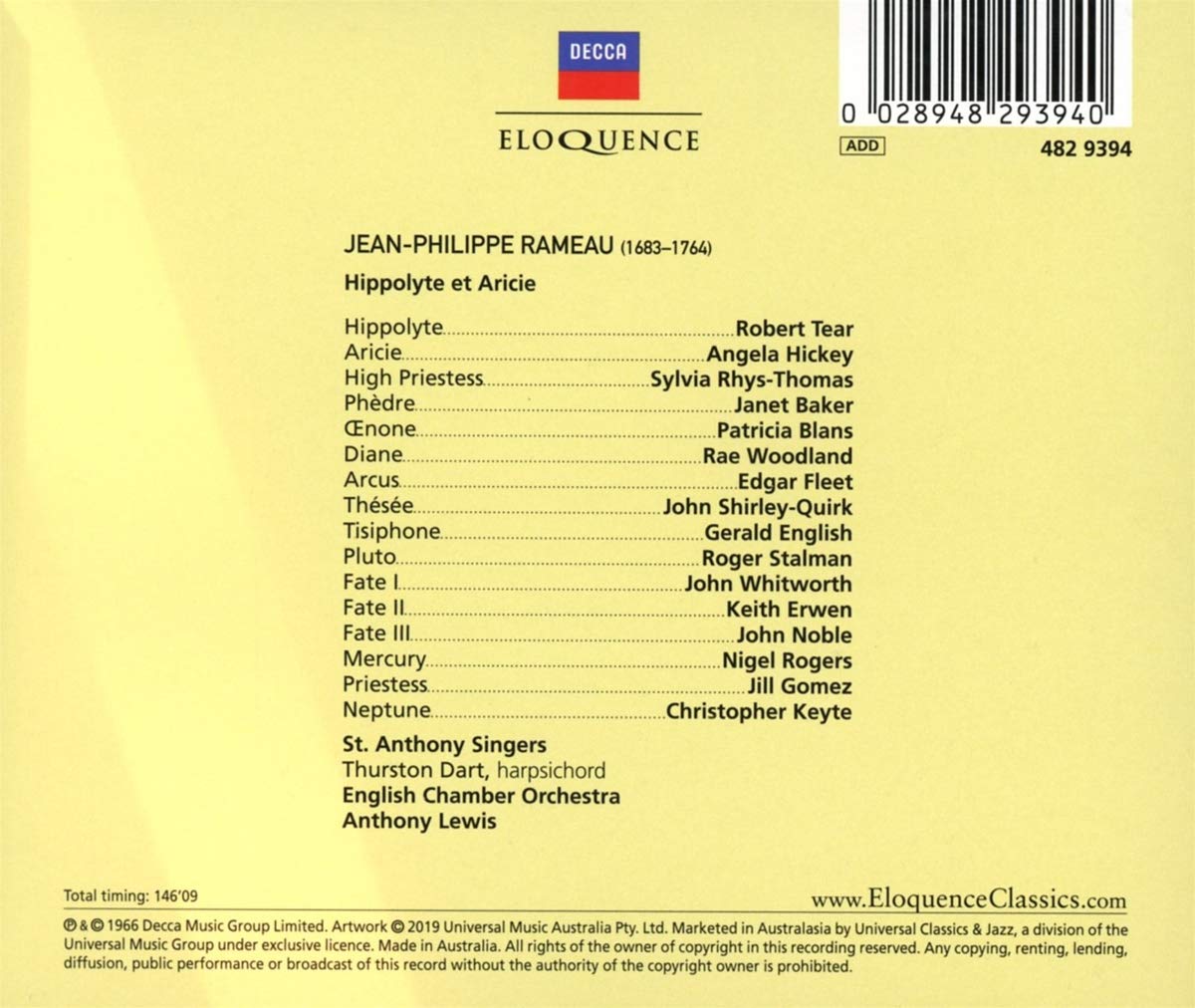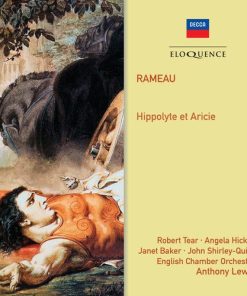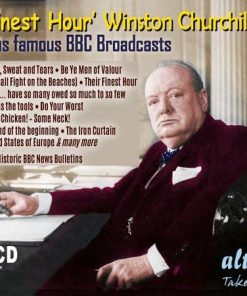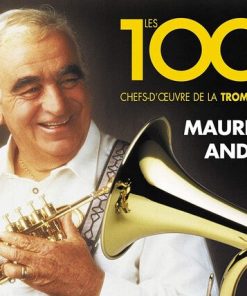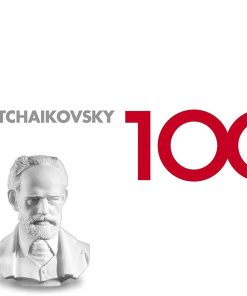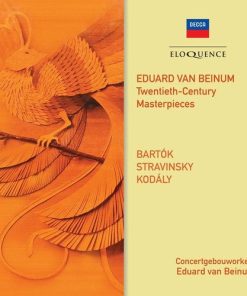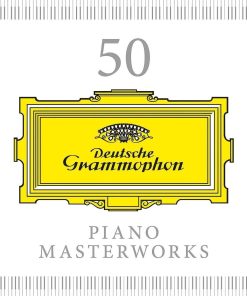RAMEAU: HIPPOLYTE ET ARICIE – ANTHONY LEWIS (2 CDS) DECCA
$ 9,99 $ 5,99

Rameau: Hippolyte et Aricie
Robert Tear (Hippolyte), Angela Hickey (Aricie), Janet Baker (Phèdre), Rae Woodland (Diane), John Shirley-Quirk (Thésée), Gerald English (Tisiphone), Nigel Rogers (Mercure), Jill Gomez (Une Prêtresse)
English Chamber Orchestra, Saint Anthony Singers
The first commercial recording of Rameau’s first opera. Thanks to several Eloquence releases, the pioneering work of Anthony Lewis in the field of Baroque opera is now readily available: The Fairy Queen (482 7449) of Purcell, Handel’s Semele (482 5055) and a compilation albums of Handel arias (482 4759) were all critically acclaimed at the time of their original release in the 1950s and 60s, and they have gained a new and appreciative audience through the new Eloquence remasterings. Further Lewis reissues are forthcoming. As director of an annual series of staged operas at the Barber Institute in the University of Birmingham, Lewis conveyed to first a local audience, and then a more international one with these Decca and Argo recordings, that Baroque opera should no longer be the preserve of scholars but contained as much lively and powerful drama as the works of Mozart and Puccini. Rameau’s place in the pantheon of Baroque composers alongside Bach and Handel is now assured, but only thanks to the persuasive force and intensity of recordings such as Hippolyte et Aricie, which was made in Decca’s West Hampstead studios in July 1965, a few months after the Barber Institute staging. The plot describes Phaedra’s incestuous love for her son Hippolytus, his equally hopeless love for Aricia and much violent divine intervention and retribution. Even the usually sober Grove dictionary praises it as ‘a powerful and committed performance’. In fact this Classical-themed tragedy never enjoyed the reputation of other stage works by Rameau during his lifetime, but it is now recognized (again, not least, thanks to Lewis’s efforts) as one of the peaks of the composer’s output.
Fast Shipping and Professional Packing
Due to our longstanding partnership with UPS FedEx DHL and other leading international carriers, we are able to provide a range of shipping options. Our warehouse staff are highly trained to pack your goods exactly according to the specifications that we supply. Your goods will undergo a thorough examination and will be safely packaged prior to being sent out. Everyday we deliver hundreds of packages to our customers from all over the world. This is an indication of our dedication to being the largest online retailer worldwide. Warehouses and distribution centers can be located in Europe as well as the USA.
Orders with more than 1 item are assigned processing periods for each item.
Before shipment, all ordered products will be thoroughly inspected. Today, most orders will be shipped within 48 hours. The estimated delivery time is between 3-7 days.
Returns
The stock is constantly changing. It's not entirely managed by us since we are involved with multiple parties such as the factory and our storage. The actual stock can fluctuate at any time. Please understand it may happen that your order will be out of stock when the order is placed.
Our policy is valid for 30 days. If you haven't received your product within 30 days, we're not able to issue either a return or exchange.
You are able to return a product if it is unused and in the same condition when you received it. It must also still remain in the original packaging.
